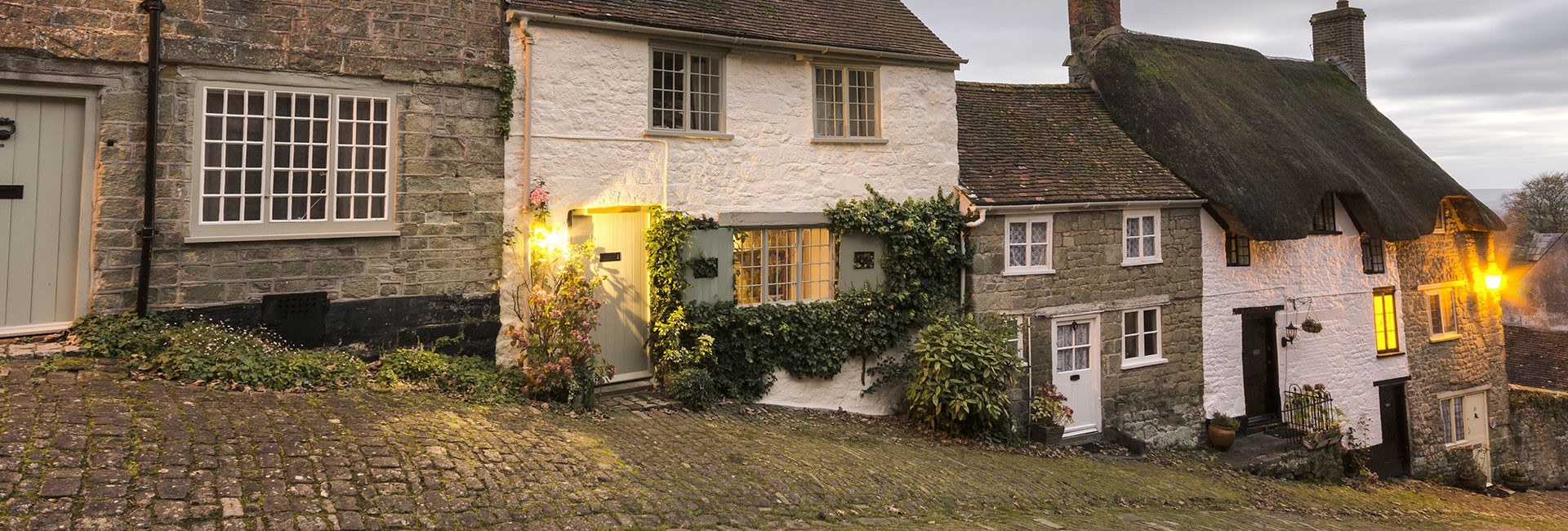How to Check the Value of Your House
If you’re thinking about putting your house up for sale, you may find it difficult to establish what your real house value is.
Relying on estate agent estimations is not always the best thing to do – especially as many are out there vying for business and not providing key data for sellers to make informed decisions.
Fortunately however, it’s never been easier to access some free online tools and get a good idea of what your house is worth in the current marketplace.
Taken from the Property Solvers Guide to House Valuation, below are some of our recommendations.
Rightmove House Prices – the UK’s most popular property portal has a section where you can check sold house prices in your local area (using HM Land Registry data). Bear in mind that there is a 2-month minimum time delay (sometimes more) for prices to filter into the public domain. Where available, you can also see previous listings (with photos and floorplans from when the property was marketed in the past).
Zoopla House Prices – similar to Rightmove, you can view the average price paid for properties on your street, the number of sales, average house value and percentage value change. We would suggest ignoring the ‘Zoopla estimate’ and the ‘Zoopla Zed-Index’ as these figures are often inaccurate.
Land Registry Valuation (UK House Price Index) – observing the minimum 2-month time lag, here you can see sold house price data in a given area since 1995. We would argue that this is the most transparent database of property prices available. Note, however, that there are some sold values that do not appear including auction sales, properties bought for a discount under the Government’s ‘Right to Buy’ scheme and properties that have been gifted (by a relative, for example).
Net House Prices – running since 2003, by default you’ll land on the sold house prices page where you can enter a postcode and see a backdated list (with the most recent sale at the top).
Mouseprice – established in 2003, this is another useful portal to check sold house prices. You’ll have to register but this platform sometimes also provides rental estimates, the year the property was built, the number of bedrooms and other information. However, we would generally recommend taking this data with a pinch of salt. You can also see STREET INFO which has some interesting information into local sales trends and volume levels.
Property Price Advice – operating since 2005, this is another site to check out sold prices. You can also check out what’s going on in your local market by adjusting the distance (up to 1 mile), date of sale (up to 10 years), house type (house, bungalow, townhouse, flat or studio) and tenure (freehold / leasehold).
Our Property – although requiring registration, in addition to sold house price data and the number of sales on a given street, this portal also has an interesting ‘survey’ feature. Although it’s not 100% accurate, you can sometimes see some of the key characteristics of properties in your street and neighbourhood.
With houses across the UK being so wide and varied, making an ‘apples with apples’ comparison is not always so easy. For example, if your house is larger, has high ceilings or a wider garden, it would be fair to add some extra value. Similarly, if you have had works done or the property has appealing characteristics, buyers are usually willing pay more.
Remember you can check the size of yours and neighbouring properties using Energy Performance Certificate records, but if you’re still unsure about your house value, in addition to speaking to experienced estate agents it can be worth getting a valuation done with a Royal Institute of Chartered Surveyors-approved professional.



 Login
Login















